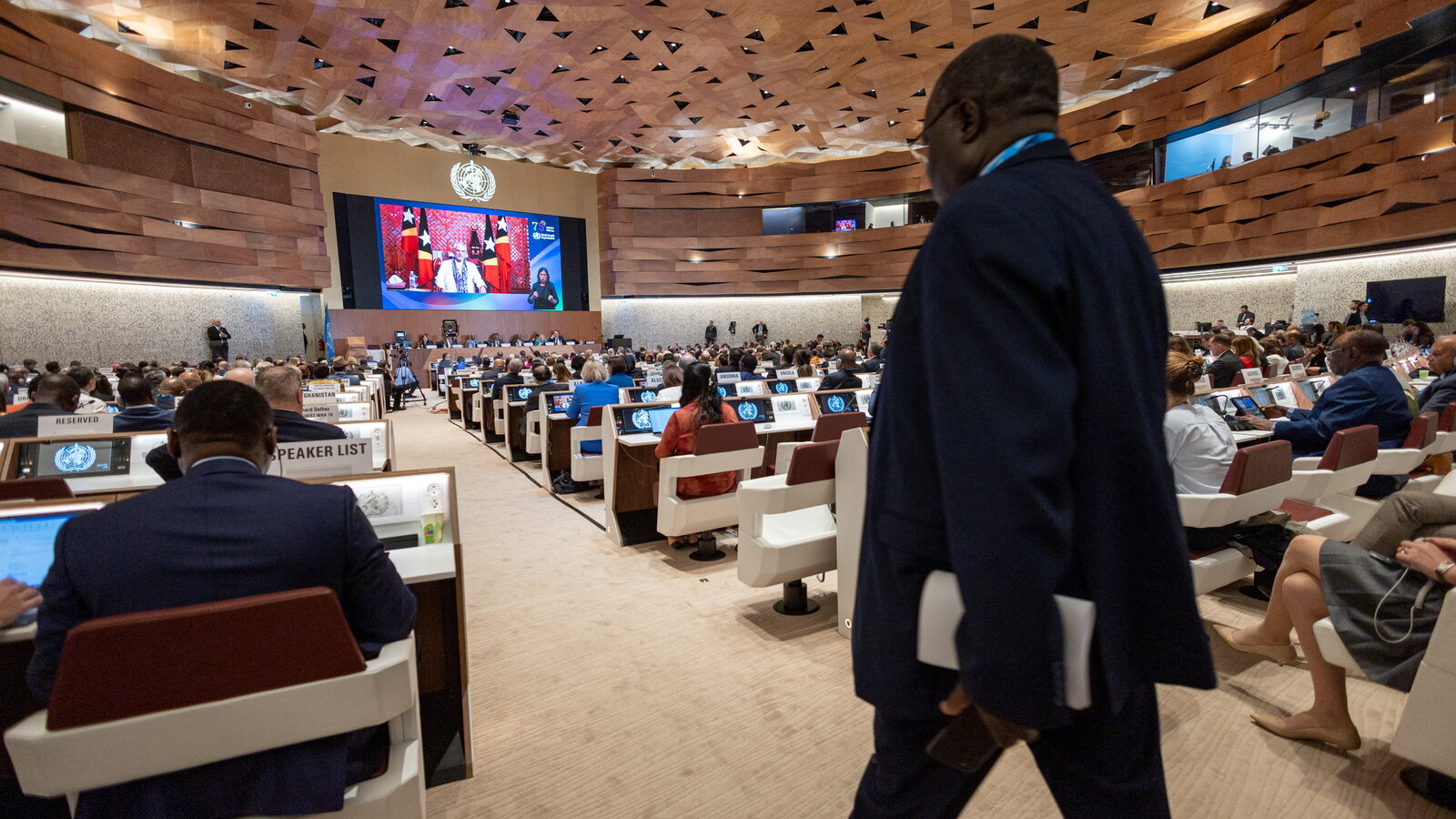
John Hawk Insunrated – US Rejects WHO Agreement in a move that has ignited debate across the global health community. The decision comes after months of negotiations on the World Health Organization’s proposed pandemic response accord. The accord aimed to strengthen global collaboration during health emergencies and required member countries to allocate portions of vaccines and medical supplies to the WHO in times of crisis.
US officials raised concerns about the accord’s clauses, especially those they viewed as threats to national autonomy. With past pandemic challenges still fresh in public memory, critics and supporters now clash over whether this decision reflects smart protectionism or a failure in global responsibility. Domestic political factions and international allies have pressured the Biden administration from multiple directions. This rejection marks a turning point in how the US plans to handle future global health governance and prompts a critical question: can any country manage a pandemic without international unity?
When the US rejects the WHO Agreement, the shockwaves ripple far beyond diplomatic circles. Health officials around the world now brace for potential breakdowns in coordination during future pandemics. The accord offers a safety net that gives poorer nations timely access to life-saving resources. By stepping away, the United States disrupts the framework and pushes the burden onto other donor countries.
Critics argue that this move undermines global solidarity, while supporters assert that international health policies should not dictate domestic stockpiles or override national law. Within the WHO itself, disappointment has been voiced as the United States had played a key role in drafting earlier versions of the accord. Across Europe and Africa, leaders are questioning the long-term reliability of global partnerships. Despite this turbulence, the WHO insists that it will continue to promote equitable pandemic responses with or without US support. This divide may deepen political fractures in future health agreements.
The primary concern cited when the US Rejects WHO Agreement centers around sovereignty. US lawmakers argue that no external body should have influence over the nation’s public health inventory or emergency decisions. Some legal experts believe the accord posed constitutional conflicts, especially regarding forced sharing of vaccines or emergency access to domestic supplies. The US government has also pointed out vague language within the accord, fearing potential loopholes that could be exploited during a crisis.
Although public health advocates stress the humanitarian benefits of the accord, political leaders emphasize the need for self-reliance. The tension between globalism and nationalism is clearly at play here. Many within the US Congress argued that it would be irresponsible to commit to an agreement that might limit future administrations’ flexibility in crisis management. Instead, the US aims to maintain bilateral partnerships and support global health on its own terms, rather than through a collective mandate.
The World Health Organization did not remain silent after the US Rejects WHO Agreement. Officials at WHO headquarters expressed regret, highlighting that the agreement was meant to ensure all nations, rich or poor, had access to vital resources during emergencies. WHO Director-General Tedros Adhanom Ghebreyesus reaffirmed the organization’s commitment to equitable health responses and emphasized the importance of collaboration. He stated that health threats do not respect borders, and only coordinated efforts can prevent mass casualties. With the United States stepping back, the WHO will need to reevaluate how to implement its goals without support from its largest historical donor. Many countries are now unsure how to proceed, and revisions to the accord may be on the horizon. Even so, the WHO insists that its mission will continue, relying on the collective will of other members who remain committed to global unity in health policy.
Looking ahead, the US decision to reject the WHO Agreement signals that future pandemic responses may grow more fragmented. Without participation from the world’s most powerful nation, global efforts to build a unified defense face serious challenges. Smaller nations that depend on coordinated aid may struggle more when new outbreaks emerge. Countries may prioritize domestic needs and disrupt global supply chains for vaccines, medications, and personal protective equipment. On the other hand, this decision may encourage other nations to increase their leadership within the WHO. While international collaboration remains possible, the absence of US involvement will complicate global coordination. As the global health community prepares for what many experts believe is an inevitable next pandemic, the lack of a shared strategy sparks concern. Time will reveal whether this becomes a temporary disruption or a lasting split in global health diplomacy.
John Hawk Insunrated – The resurgence of analog aesthetics modern creative enthusiasts is redefining how artists and collectors engage with…
John Hawk Insunrated - personal experiments that changed my approach to daily decisions have profoundly influenced my mindset and problem-solving…
John Hawk Insunrated - creativity doesn’t have complicated formulas or rules, yet many assume innovation requires complex methods. Simplifying creativity…
John Hawk Insunrated - travel inspires my creative projects by opening new perspectives, enriching experiences, and sparking innovative ideas that…
John Hawk Insunrated - curiosity plays a vital role of curiosity personal growth by motivating individuals to explore new ideas,…